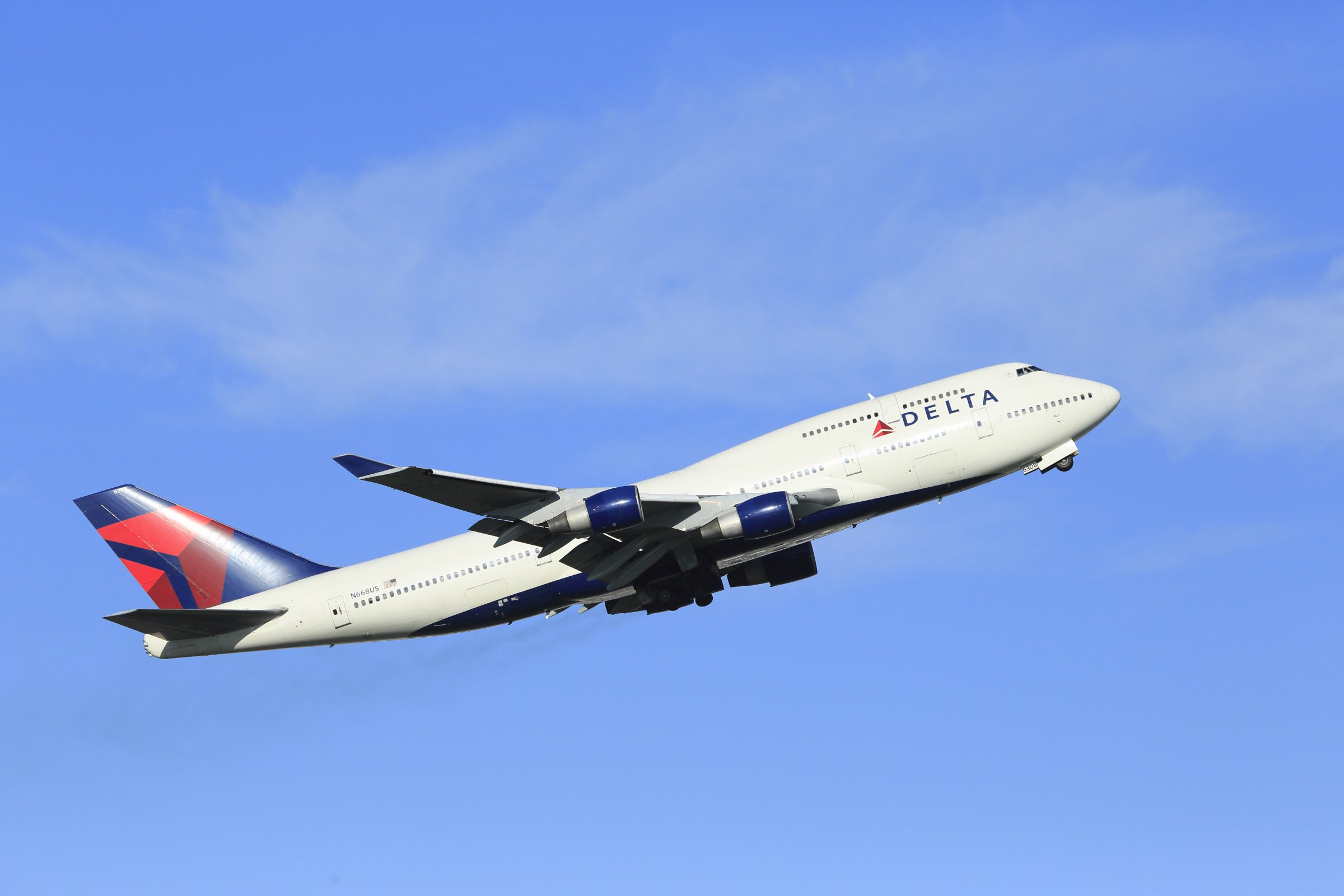
There’s a new class of service coming to an aircraft near you: “basic” economy — also dubbed by consumer advocates, “economy minus” or “last class.”
Already offered by discount carriers and one major, Delta Air Lines, the product category is likely to intensify what critics call the industry’s race to the bottom, as airlines cut amenities and services in order to satisfy bargain-hungry passengers and boost profits. America’s other legacy carriers, American Airlines and United Airlines, say they’re on the verge of introducing their own version of a “basic” economy fare.
Until now, economy-class passengers flying one of the major airlines could expect a minimum level of service and amenities, including seats with at least 30 inches of “pitch” between them, a rough measure of legroom; the ability to change a reservation after paying a fee; the option to upgrade to a better seat; free snacks; and one free carry-on.
With the new basic economy class, some, if not all, of these niceties may be lost.
What would economy “minus” look like?
Based on the disclosures from the industry thus far, passengers in basic economy will face one or more of the following:
Of the majors, Delta was the first to introduce “basic” economy system-wide. The carrier quietly started a remodeling of its economy class, testing options as early as 2012.
Among the amenities lost to Delta basic-economy passengers: the ability to alter the departure date or time, even if you pay a penalty; the option to upgrade to a better seat; and the choice of an advance seat assignment. The old economy class got renamed as “Main Cabin,” and kept many of the once-standard comforts of what used to be called economy.
Delta says it was just giving price-conscious customers what they wanted–a no frills, low-cost alternative. “It’s popular in that it gives customers who are price sensitive, but not concerned with seat choice, exactly what they are looking for,” said Anthony Black, a Delta spokesman. “Customers enjoy knowing with Delta Basic Economy they’re getting a competitive price, free sodas and coffee, snacks, movies, SkyMiles and Delta’s excellent operational service.”
United, American are following suit
American says it plans to launch its basic economy product sometime in the first half of the year, but has declined so far to give any details of what it will look like. Scott Kirby, the president of the world’s largest carrier, told an earnings call last October American’s new product would be “competitive on price with ultra-low-cost carriers.” The product would have “less frills” and a “really cheap price,” Kirby said.
United Airlines, meanwhile, has indicated it has similar plans, but hasn’t unveiled the timing for the rollout of its version of economy-minus.
“Over time, we’d like to give customers greater ability to choose fares that offer a varied set of amenities, whether they be fares that include multiple options or deeply discounted fares that would simply include the ticket,” United spokesman Jonathan Guerin said. “This would better permit our customers to choose their own mix of fares and frills and better enable us to compete with carriers that offer no-frills service.”
Pay less, for less
In his comments to investors, Kirby suggested that more than half of American’s passengers would be willing to book a “basic” ticket because they aren’t frequent travelers or interested in a premium product. They don’t want to pay extra just because they’re on a legacy carrier and are not necessarily interested in a “better” experience, he indicated.
Major airlines, meanwhile, have already moved the seats closer together in economy, while installing more luxurious, lie-flat seats in the front.
This article originally appeared on Fortune.com
More Must-Reads From TIME
- The 100 Most Influential People of 2024
- Coco Gauff Is Playing for Herself Now
- Scenes From Pro-Palestinian Encampments Across U.S. Universities
- 6 Compliments That Land Every Time
- If You're Dating Right Now , You're Brave: Column
- The AI That Could Heal a Divided Internet
- Fallout Is a Brilliant Model for the Future of Video Game Adaptations
- Want Weekly Recs on What to Watch, Read, and More? Sign Up for Worth Your Time
Contact us at letters@time.com